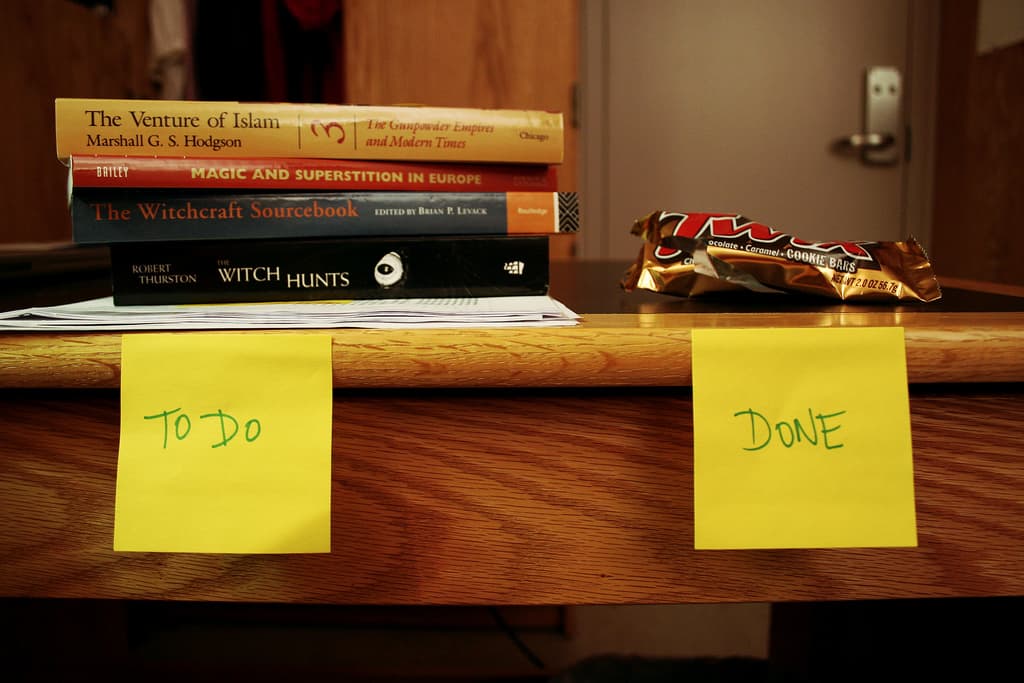Advertisement
Report: More College Freshmen Say They're 'Frequently' Feeling Depressed
If you envision college life as an idyllic, carefree time filled with studies of classic literature and pondering the meaning of life at 2 a.m., think again. The reality of college today can be harsh.
For freshmen, in particular, navigating a new social, emotional and academic landscape can be extremely stressful. So it's not terribly surprising that a new national survey of first-year college students finds, among other things, that more freshmen say they're "frequently" feeling depressed.
According to the survey of more than 150,000 U.S. students conducted by researchers at UCLA, the emotional state of these young adults appears to be deteriorating:
In 2014, students’ self-rated emotional health dropped to 50.7%, its lowest level ever and 2.3 percentage points lower than the entering cohort of 2013. Additionally, the proportion of students who “frequently” felt depressed rose to 9.5%, 3.4 percentage points higher than in 2009 when feeling “frequently” depressed reached its lowest point. Self-rated emotional health and feeling depressed are very highly correlated..."

The survey suggests that students who say they're depressed also tend to be more disconnected with college life in general:
Students who felt depressed more frequently reported behaviors reflecting disengagement. While these behaviors were not as widespread, students who were “frequently” depressed were about twice as likely to “frequently” come late to class (13.9%, compared to 7.2% for “occasionally” depressed and 5.5% for “not at all” depressed) and “frequently” fall asleep in class (14.1%, compared to 6.2% “occasionally” and 4.4% “not at all”). Further, more than half (56.6%) of the “frequently” depressed students reported that they were “frequently” bored in class, compared to 39.9% of those who reported being “occasionally” depressed and only 31.3% of those who were “not at all” depressed. They were also less likely to “frequently” engage with their classmates by studying with other students or working with other students on group projects.
I asked Steve Schlozman, associate director of The MGH Clay Center for Young Healthy Minds and an assistant professor of psychiatry at Harvard Medical School, for his thoughts on these findings. First he said, the word "depression" has become so ubiquitous in the popular vernacular that it's not always clear in these kinds of surveys whether kids are describing clinical depression or simply the normal ebb and flow of emotional stress. Even so, he says, with regard to increased distress among college kids, "we are reaping what we sow."
He explains further:
The pressure we put on high school kids to get into college and the pressure then that college follows up with is highly correlated with increased rates of emotional distress that can become full-blown depression. Also, the age of onset of depression is the exactly the age of onset of college — there's a perfect storm of stressors. Finally, there's a greater willingness to come forward, which is good. So, despite the fact that we're using the word 'depression' a little more glibly, I'd rather have that and then rule out clinical depression through appropriate channels, like college health services, than miss cases that can lead to real suffering and possibly even death.
Schlozman also makes the point that the first year of college is often very tough even in the best of circumstances. "There's always the question of, 'Are you feeling appropriately crappy, or excessively crappy?' " To deal with that, he says, "Colleges really need to up their level of mental health services so they can make that determination in an appropriate way."
This is backed by data from the UCLA survey:
Students who felt frequently depressed were significantly more likely to report “some chance” or a “very good chance” that they would seek personal counseling. With counseling centers on campus reporting a record number of visits and increased wait times...it is clear that campuses have more work to do to assist students experiencing emotional health issues.
